In the digital marketplace, collecting emails is a pivotal step in building a sustainable customer base and driving sales. Shopify, a leading e-commerce platform, provides various tools and strategies for effective email collection. This guide delves into practical methods for maximizing email acquisition on your Shopify store, ensuring you nurture and expand your customer relationships.
Engaging Visitors with Pop-ups and Forms

Intrusive yet effective, pop-ups and forms are a staple in email collection strategies. Shopify store owners can leverage various types of pop-ups, such as welcome mats, exit-intent pop-ups, and timed display forms. These tools, when used wisely, can significantly increase your email sign-up rates. It's important to balance visibility with user experience to avoid overwhelming your visitors. Integrating pop-ups with compelling calls to action can turn casual browsers into potential customers.
Offering Incentives for Sign-ups

Incentives like discounts, free shipping, or exclusive content can entice visitors to share their email addresses. This exchange adds value to both parties: customers receive a tangible benefit, while store owners gain a direct line of communication. Tailoring these incentives to your target audience can further enhance their effectiveness.
Streamlining the Email Sign-up Process

Simplicity is key. A straightforward and user-friendly sign-up process can significantly boost your email collection efforts. This includes having a visible sign-up form, minimizing the number of fields required, and ensuring the process is quick and seamless. Consider using Shopify's built-in features or third-party apps to create an intuitive sign-up experience.
Expanding Reach Through Social Media Integration
Social media platforms offer a vast audience for email collection. By integrating your Shopify store with social media channels, you can direct traffic to your email sign-up page. Utilizing social media ads, posts, and stories to highlight the benefits of subscribing to your email list can attract a broader audience.
Utilizing Analytics for Optimized Performance
Analytics play a crucial role in understanding the effectiveness of your email collection strategies. Shopify's analytics tools can help identify which methods are performing well and where improvements are needed. Regularly reviewing and adjusting your strategies based on these insights can lead to sustained growth in your email list.
For a deeper dive into implementing effective forms on your Shopify store, explore our detailed guide on adding Shopify forms to your store.
In the next section, we will explore the various use-cases of emails and how they can drive business growth and customer engagement.
Leveraging Email for Business Growth: The Power of Targeted Communication
Emails are not just a tool for communication; they are a powerhouse for driving business growth, enhancing customer engagement, and building long-term relationships. Understanding the multifaceted use-cases of emails can transform how you interact with your customers and influence your marketing strategies.
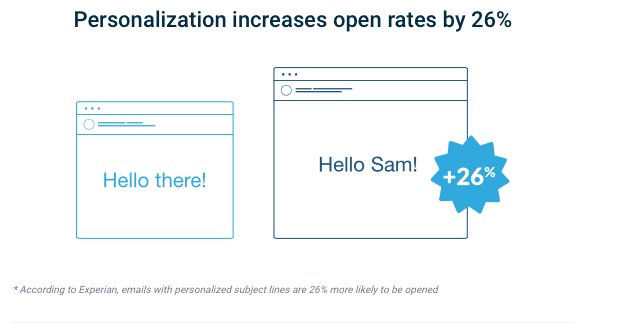
Personalized Marketing and Promotions
Email marketing allows for personalized communication with your customers. By segmenting your email list based on customer behavior, preferences, and purchase history, you can tailor your messages to suit different audience segments. Personalized emails increase the relevance of your content, leading to higher engagement rates. From announcing new products to sharing special offers, emails can be the perfect channel for targeted marketing.
Customer Retention and Loyalty Programs
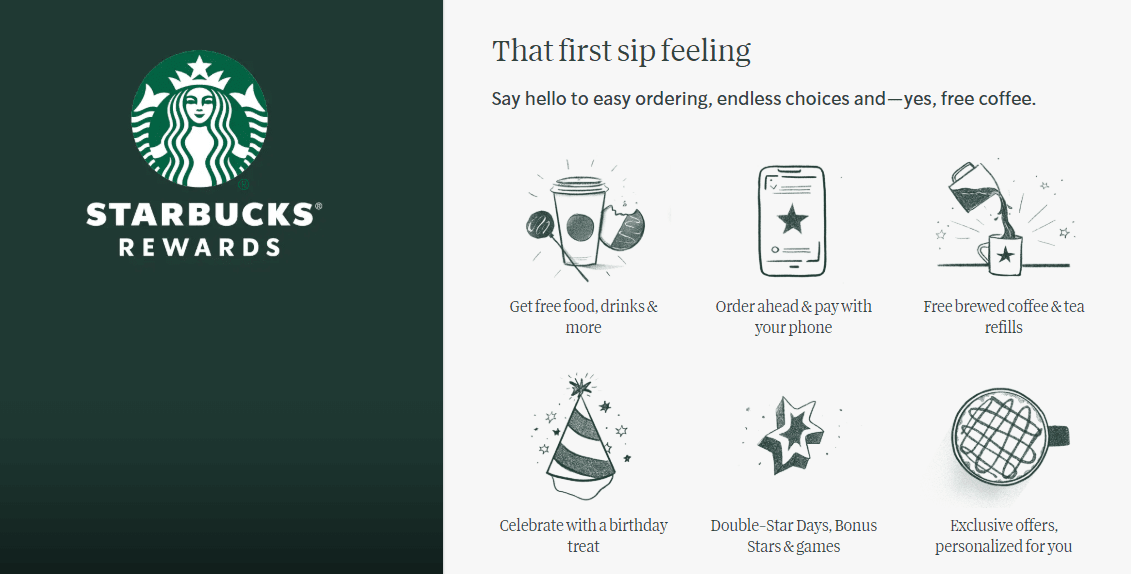
Emails are instrumental in nurturing customer relationships. Regular updates, loyalty program notifications, and exclusive offers for subscribers can foster a sense of belonging and loyalty among your customer base. Through emails, you can keep your brand at the forefront of your customers' minds, encouraging repeat business and enhancing customer lifetime value.
Feedback and Customer Insights

Utilizing emails to gather customer feedback is an excellent way to improve your products and services. Surveys, polls, and feedback requests can provide valuable insights into customer satisfaction and areas for improvement. This two-way communication channel can also make customers feel valued and heard, further strengthening their connection to your brand.
Event and Sale Notifications
Emails are an effective way to inform your customers about upcoming events, sales, and special promotions. Timely and well-crafted emails can create anticipation and drive traffic to your Shopify store, boosting sales and customer engagement.
Educational Content and Brand Storytelling
Beyond promotional content, emails can be used to educate your audience about your products, industry, or brand story. Sharing valuable content like blog posts, tutorials, and industry news can position your brand as a thought leader and build trust with your audience.
In the final section, we will delve into the intricacies of email marketing, discussing strategies to maximize its effectiveness and the impact it can have on your Shopify store.
Mastering Email Marketing: Strategies to Enhance Your Shopify Store's Performance
Email marketing remains one of the most effective tools for online entrepreneurs. When executed correctly, it can significantly boost engagement, drive sales, and strengthen customer loyalty. In this final section, we explore key strategies for maximizing the impact of email marketing for your Shopify store.
Crafting Compelling Email Content
The content of your emails is crucial. It should be engaging, relevant, and provide value to the recipient. Whether it’s a promotional message, a newsletter, or a personal note, the content should resonate with your audience. Use compelling headlines, visually appealing designs, and clear calls-to-action to encourage readers to engage with your store.
Optimizing for Mobile Devices
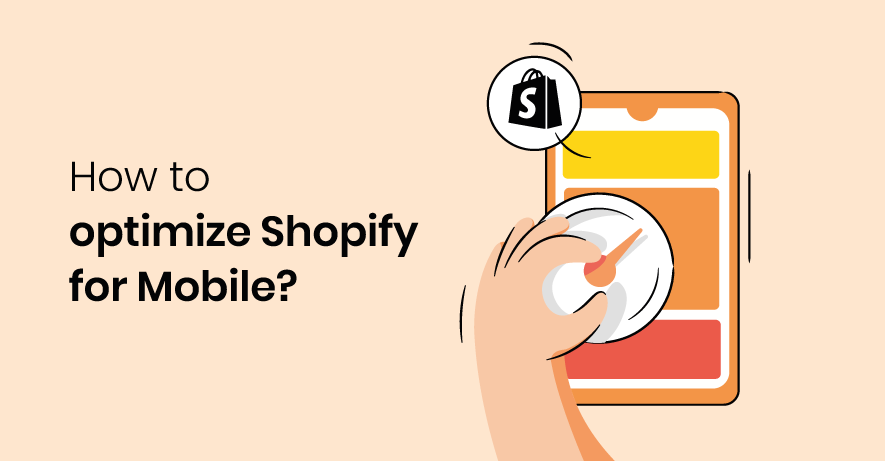
With a significant portion of emails being read on mobile devices, it's essential to ensure that your email campaigns are mobile-friendly. This includes using responsive design, ensuring content is easily readable on smaller screens, and placing important links and calls-to-action where they are easily clickable.
Segmenting Your Email List
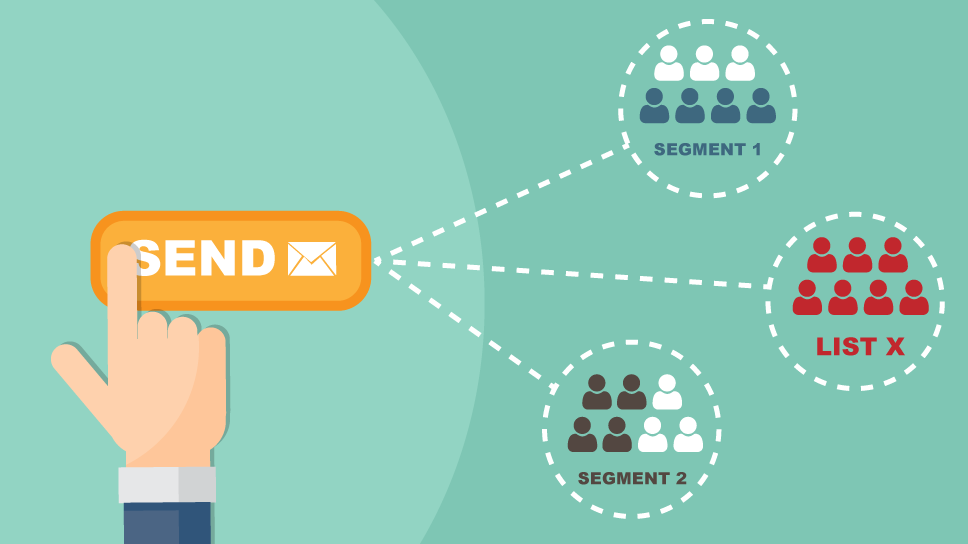
Segmentation involves dividing your email list into smaller groups based on certain criteria, such as purchase history, geographic location, or engagement level. This allows for more targeted and personalized email campaigns, increasing the relevance and effectiveness of your messages.
Automating Email Campaigns
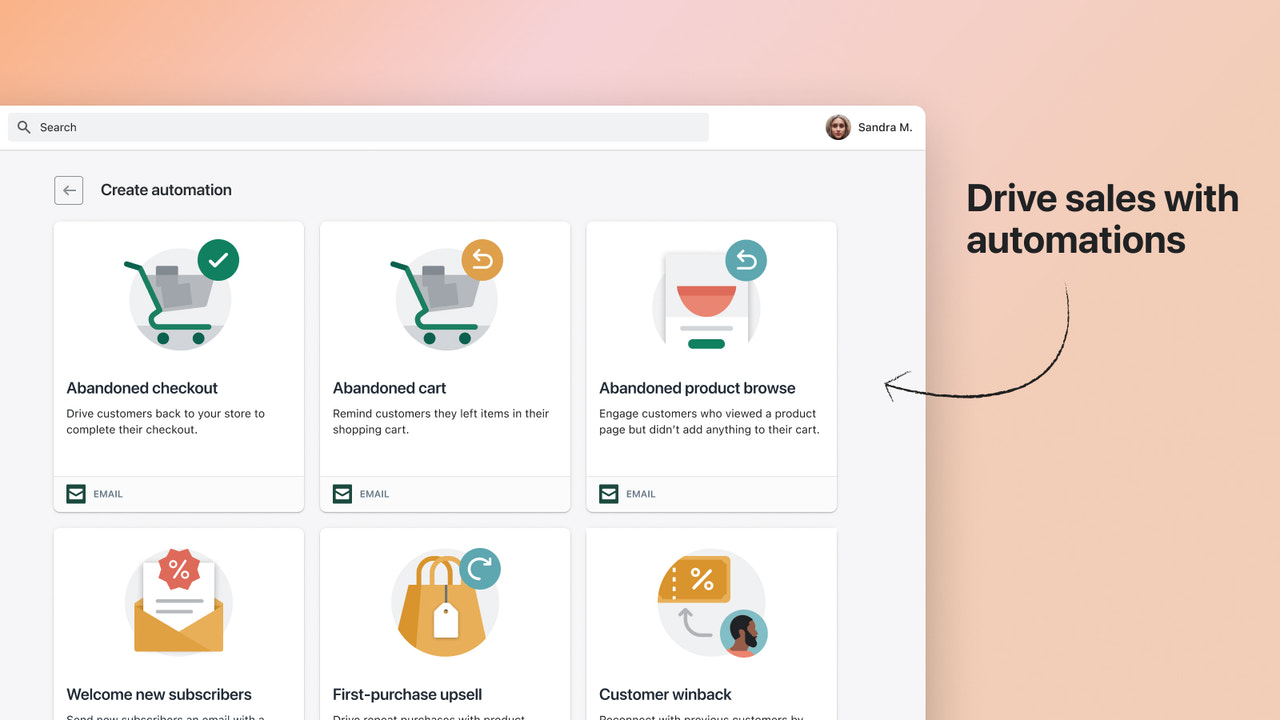
Automation can save time and increase efficiency. Automated emails, such as welcome messages for new subscribers or follow-up emails after a purchase, ensure timely communication with your customers. Tools available in Shopify can help in setting up these automated sequences.
Testing and Analyzing Campaigns
Regular testing and analysis of your email campaigns are vital. Experiment with different subject lines, email formats, and sending times to see what works best for your audience. Utilizing Shopify's analytics, you can track the performance of your emails in terms of open rates, click-through rates, and conversion rates, making data-driven decisions to improve future campaigns.
Building a Consistent Email Schedule
Consistency is key in email marketing. Establishing a regular schedule for your emails helps in keeping your brand top-of-mind for your customers. However, it's important to balance frequency with value, ensuring that each email adds something worthwhile for the recipient.
Email marketing, when leveraged effectively, can be a game-changer for your Shopify store. It allows for personalized, direct communication with your audience, helping in building a loyal customer base and driving business growth.
In conclusion, collecting emails on Shopify and using them effectively through targeted campaigns can lead to significant improvements in customer engagement and sales. By implementing these strategies, Shopify store owners can create a powerful communication channel that resonates with their audience and drives long-term business success.

